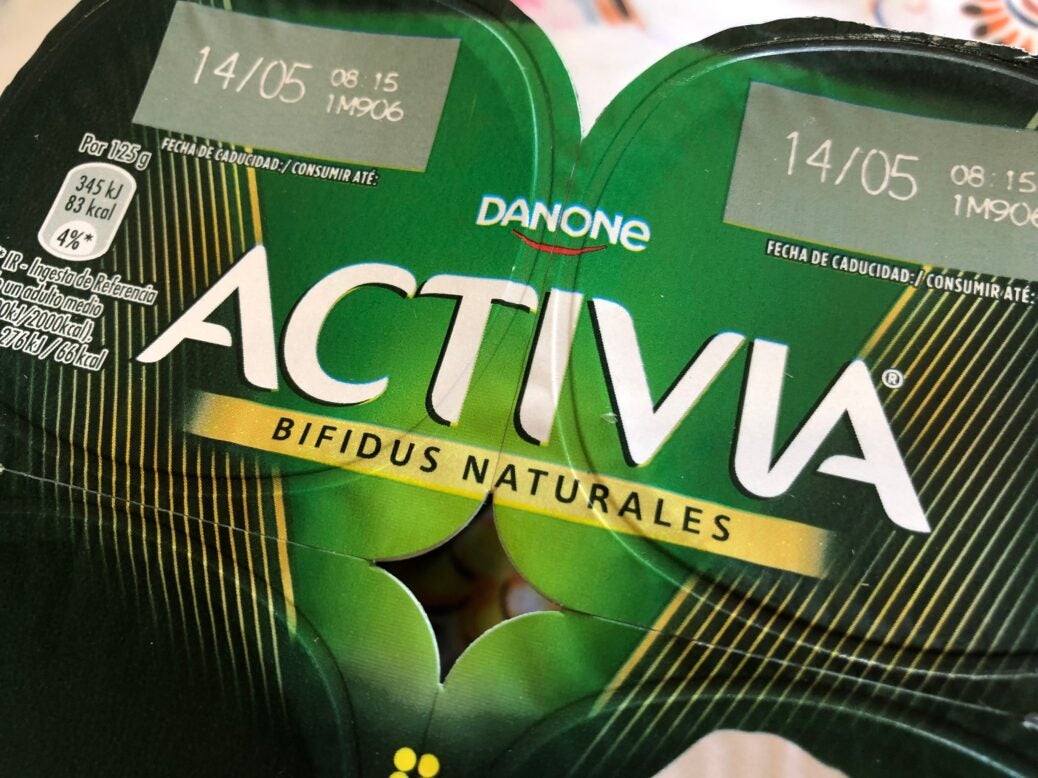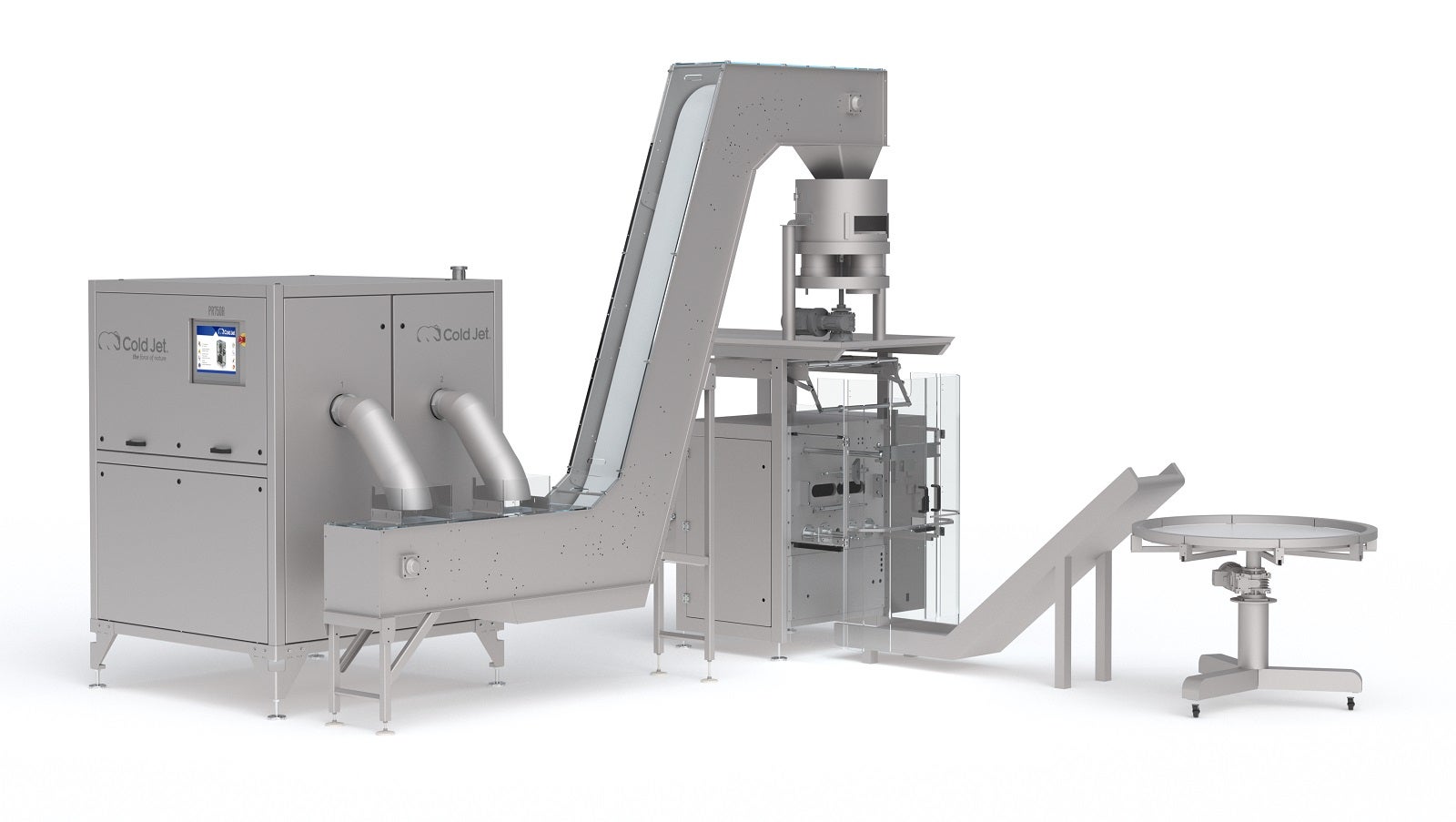
Danone lifted its outlook as pricing pushed up third-quarter sales but CEO Antoine de Saint-Affrique conceded the Russia exit was an added “drag” on volumes.
The French dairy giant reported third-quarter net sales of EUR7.3bn (US$7.3bn), up 19.1% on a reported basis and 9.5% in like-for-like terms.
The company raised its like-for-like sales guidance for 2022 to 7-8%, up from its 5-6% estimate in July and the previous steer of 3-5%. Its recurring operating margin is expected to be “above” 12%.
In the first nine months, sales were EUR20.7bn, an increase of 14.9% from a year earlier and 8.1% like for like.
Prices rose 10.9%, while group volumes were down 1.4%.
The company’s exit from Russia “has been a drag on volume” in the Essential Dairy and Plant-based (EDP) business, de Saint-Affrique told analysts in a post-results call yesterday (27 October). However, “in the majority of our countries we see quite resilient volumes”, he added.
Danone’s EDP business in Russia made up around 5% of net sales in the first nine months, and the exit was set to cost the company EUR1bn.
De Saint-Affrique said Danone will continue to “prune” parts of its European EDP business into 2023, “carving out products which are not rotating or profitable and boosting what works”.
“It is important to note that we have at the same time started to actively prune our EDP portfolio to refocus our efforts on the more differentiated and more profitable paths,” he said. “This portfolio optimisation is an essential part of our transformation agenda in the European region and we expect that to last well into next year.”
For 2022, Danone expects gross inflation to be in the mid-teens, De Saint-Affrique said. Into 2023, he predicted the cost of labour will be a key new factor that will push up prices.
“The market is extremely volatile…And what we are seeing is indeed that some of the global commodity indexes are plateauing or even going down. That’s good news. But it’s also true that that positive impact is to some extent washed out by the fact that we see increased pressure from milk, but not only milk, but also from the cost of energy and gas.
“This statement is true when you look at the global situation as well as for the European situation.”
He added: “Looking into 2023 is extremely difficult… Having said that, what seems to be clear as of today is that we will see continued pressure from inflation on our input costs and key drivers may be transport, milk, energy and cost of labour. We haven’t seen the cost of labour impacting our equation so much yet, but I think we need definitely to expect that to start impacting it from early next year.”
He would not rule out further price increases into the new year, saying: “If and when we need to do more price [increases] in order to protect and develop our financial algorithm for the future…we will continue to do it in a fair manner. Even if it may cost us in the very short term a little bit of volume.”
De Saint-Affrique said private label has been a “winner” in recent times but even these ranges have been impacted by price inflation.
“It’s true that private label has been winning over the last weeks, it has been recovering what has probably been lost during Covid when people stayed at home more,” he said.
“But it’s also true that private label has been following on price increase over the last weeks – and sometimes they’ve been doing higher price increases than branded products. We will need to observe what that means.
“We have obviously been extremely careful and conscious – I would say intentional – in the way we have been doing price increases on those portfolio ranges which compete head-to-head with low-price competition, in order to make sure that we don’t take too much volume elasticity.”



